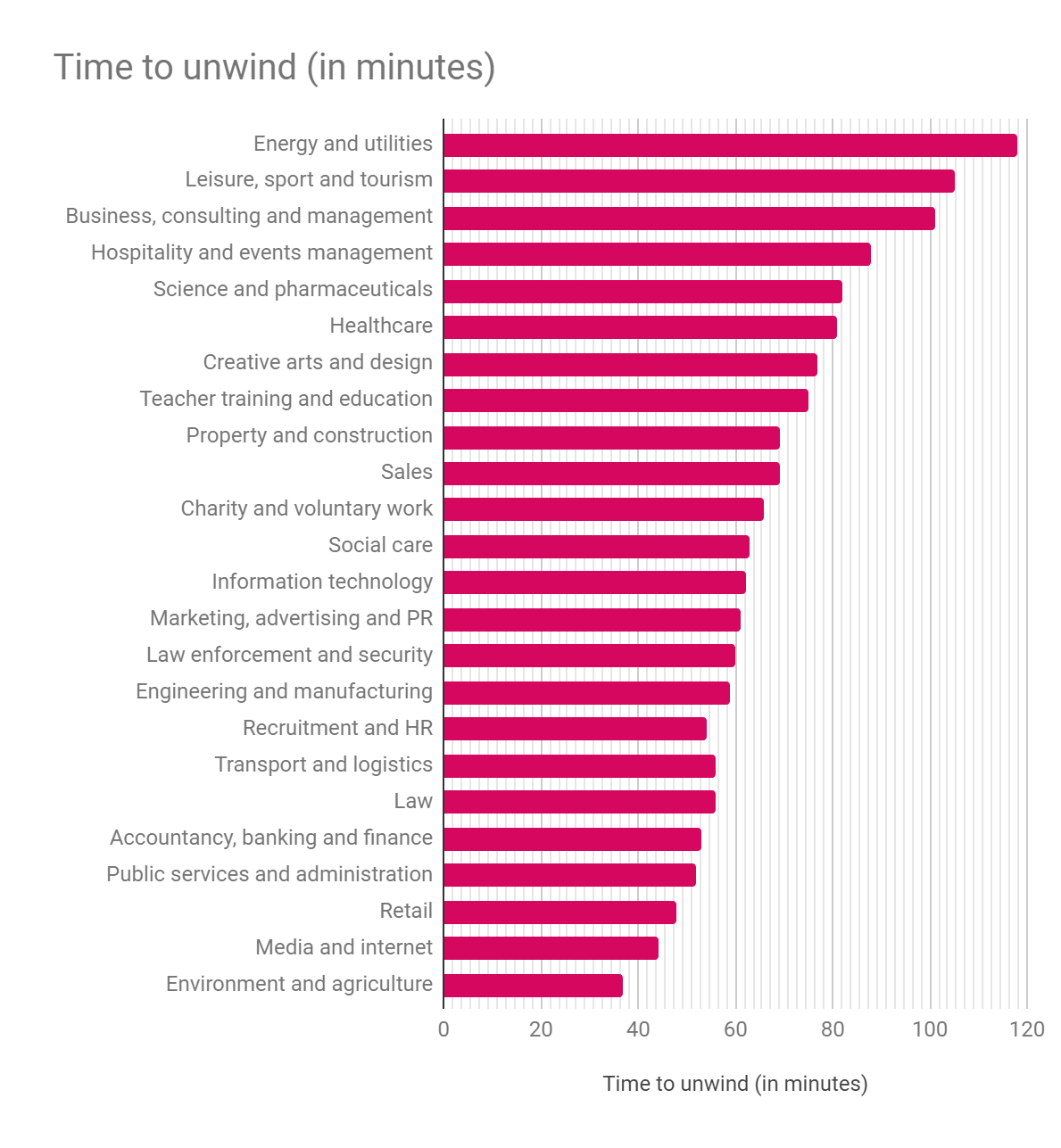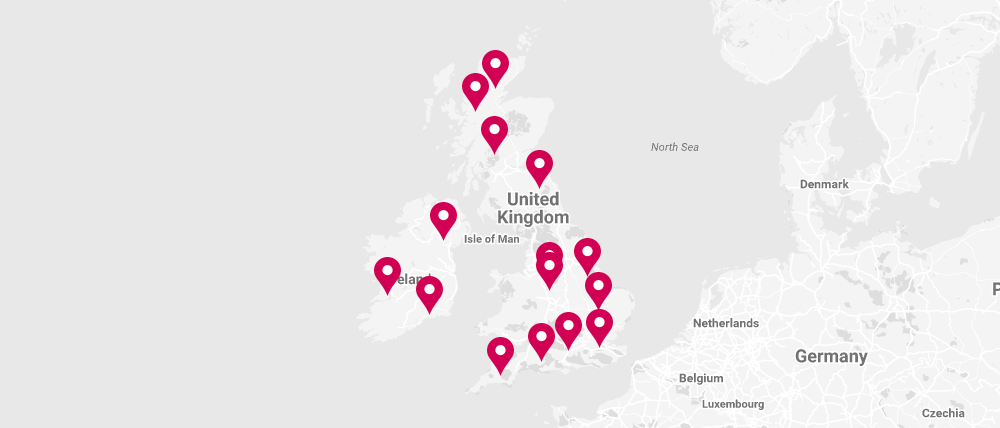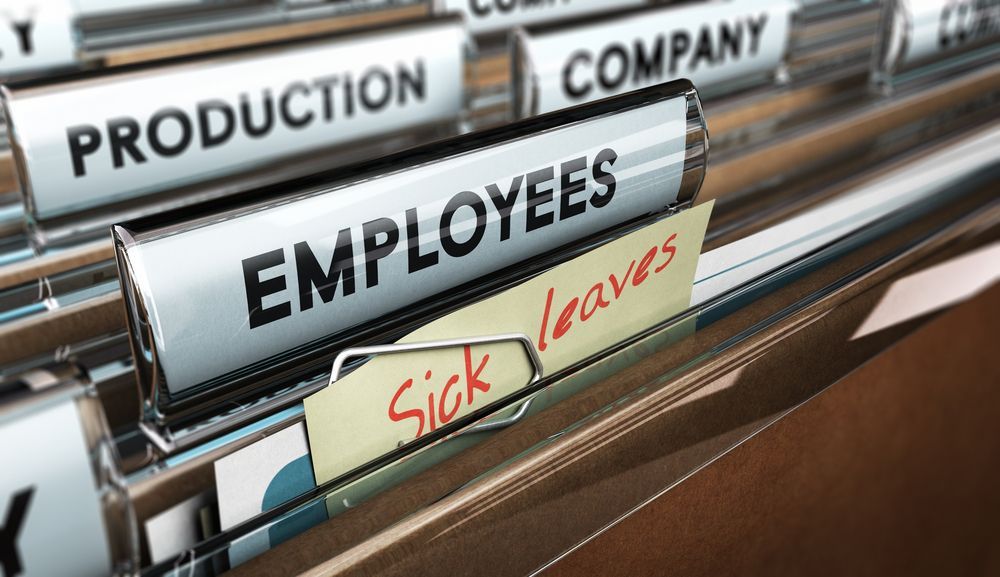
Resources
How to manage anxiety at work
- 8th October
If you struggle with anxiety, there is a good chance that these feelings have a detrimental impact on your day-to-day working life. Managing anxiety can be difficult enough at the best of times, let alone when you are also having to contend with the pressures that a professional environment can place on you.
For many years, anxiety and mental health issues have been somewhat overlooked as a workplace concern, but in more recent times, businesses and their workers have become more aware of just how serious a problem it can be. Labour Force Survey data from 2017-18 revealed that 595,000 workers across the UK suffer from some kind of work-related anxiety, depression or stress, resulting in the loss of 15.4 million working days.
At Lanes Group, we are dedicated to fostering more open conversations about mental health in the workplace, and have won a Water Industry Achievement Award and an Institute of Water South East Region Innovation Award for our pioneering workplace wellbeing programmes. As such, we’re keen to share our expertise, which is why we’ve put together a few tips on how to deal with anxiety at work when it all starts to feel too much.
Learn more about anxiety
Managing anxiety is much more difficult if you don’t fully understand how the condition works, which is why it’s important to take a moment to learn about anxiety and take stock of how it affects you.
Crucially, it’s essential to remember that anxiety is in many cases a diagnosable medical condition, rather than simply a mood or state of mind. You can read up about anxiety on the NHS website, or take the official NHS mood self-assessment quiz to find out more about whether you might be affected; you can also check out Lanes Group’s recent whitepaper on the current state of wellbeing in the UK to learn more about the ways in which anxiety is affecting British workers on a more practical level.
Learning more will make it easier to identify and recognise your own symptoms, which in turn will help you to know when you need to step away from a stressful situation and take a moment for yourself.
When you clock off, try to switch off
According to a recent survey of 1,047 UK professionals carried out by Lanes, around one-fifth of British employees work outside of their contracted hours every day. Additionally, workers in the energy and utilities sector said they took nearly two hours to unwind after getting off work - longer than any other profession.

Inevitably, this inability to separate work and leisure time will contribute to elevated levels of workplace anxiety, as staff in this position are unlikely to feel rested and refreshed each day. This is why it is so important for professionals to relax and fully enjoy their leisure hours, rather than remaining hooked into work-related correspondence and continuing to concentrate on business concerns long into the evening.
Make full use of your time off
On a related note, our staff survey offered further evidence that some workers are not being given the opportunity to take time off when they require it, or are failing to make the most of this time when it becomes available.
Around one in ten respondents say their workload doesn’t allow them to book time off, while 21% said work pressures mean they cannot take a full lunch break. Moreover, 61% said they have checked their work email or taken a work-related call while on holiday, suggesting that many are struggling to fully detach from their professional responsibilities, even during periods of paid leave.
Remember - taking regular breaks and making full use of your holiday allocation are essential for your mental health, helping you to unwind, destress and clear your head. Overwork can be a key cause of anxiety, so taking the time to properly relax will help you to properly concentrate on doing a great job upon your return.
Turn to trusted colleagues for support
Sometimes, managing anxiety at work can simply be a matter of having a sympathetic colleague in whom to confide. This should go further than simply venting about your frustrations, as this process that can end up exacerbating your negative feelings; instead, you should find someone with whom you can be honest about the problems you’re facing, and who will understand your needs when anxiety strikes.
By opening up and communicating with your colleagues about your anxiety, you can call on their help when it’s required, and relieve the pressure on your own shoulders when it becomes too much to handle. In return, you’ll find opportunities to help them in kind, which will contribute to a positive feeling of community within the workplace.
Talk to your managers
Awareness of the importance of mental health is on the rise, and the corporate world is responding accordingly with new support schemes and workplace initiatives designed to help monitor and alleviate stress and anxiety levels among staff.
At Lanes Careers, we use a purpose-designed wellbeing app to check in on the happiness levels of our workers at the start of every shift, and offer regular consultations with an in-house wellbeing practitioner to help struggling employees to talk through and manage any problems they might be having, whether in or outside of work.
Many other companies will offer similar mental health support schemes, so if you’re having prolonged issues with anxiety, it’s always a good idea to reach out to your managers for support. There’s no one-size-fits-all quick fix for dealing with anxiety, but sometimes, simply knowing that you’re not facing the problem alone can make a huge difference.
You can read on for more information on the benefits Lanes Group’s wellbeing programme has delivered for our staff; if you’d like to find out more about working with Lanes Group, click here.
For more information on this topic, download our whitepaper on the current state of mental wellbeing in UK workplaces.
Our Offices, Divisions & Depots


Lanes Group Ltd,
17 Parkside Lane, Parkside Industrial Estate, Leeds, LS11 5TD
Lanes Group ltd
Customer Solutions Centre
9 Cambridge Avenue
Slough
SL1 4AY




Our News Feeds
Andy’s jobs journey reaches fulfilment down in the sewers
Andy led the Lanes emergency team, working on behalf of Thames Water, that first responded to the discovery of the Islington concreteberg.
Why Lanes Group - and the drainage sector - is perfect for those looking for a new career
Find out more about what makes the drainage sector such an attractive proposition for those looking for a change in career.
Where to start when making a career change
Let us help you understand your options when it comes to changing careers
How to successfully apply for a role as a Lanes Group CCTV engineer
Find out more about what we're looking for in our CCTV engineers, and how to maximise your chances of securing a role with Lanes Group.
What it’s actually like to work in the drainage industry
In this article, we look at the many great things about working in the sector and show you what it’s really like to have a career in this growing sector, while busting a fair few myths in the process.
Vicky has perfect role keeping online sales flowing
Personality, determination and a very good understanding of the drainage industry – all qualities that Vicky Smith puts to excellent use as an online sales executive at Lanes Group plc.